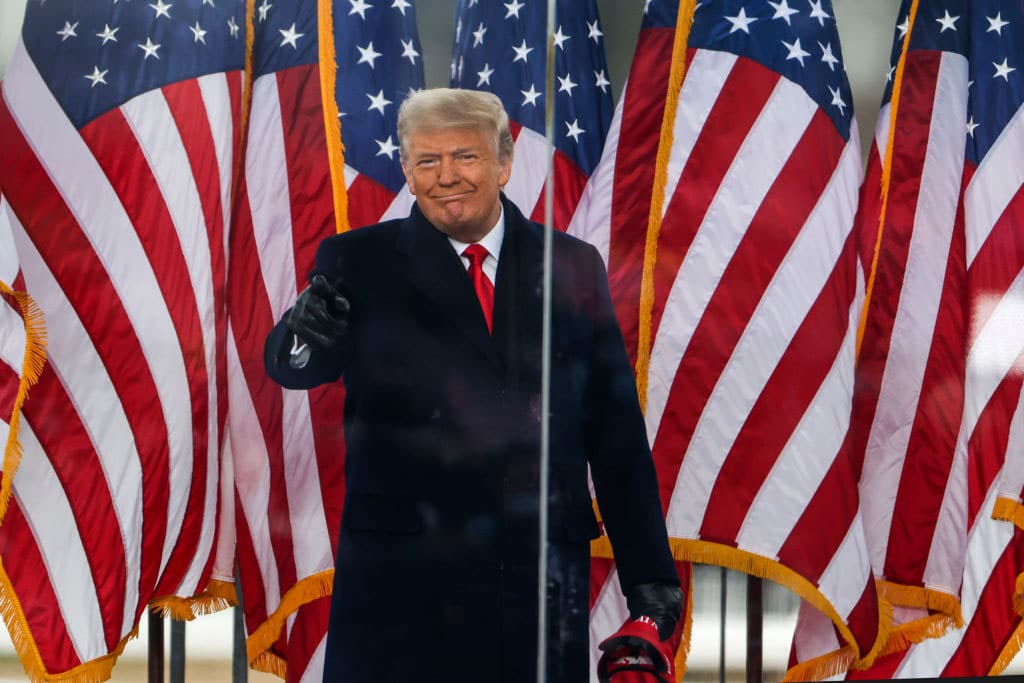
Now that the Inauguration of Joe Biden is over, with Donald Trump moping Twitterless in Mar-a-Lago, there’s not much left to say about the 2020 election.
Just joking.
Actually, analyzing this past election will consume historians for a century. With the nation in lockdown and a polarizing figure in the White House, the 2020 presidential contest generated a record number of voters. Seemingly everyone voted; apathy was all but nonexistent.
The choice wasn’t just between candidates but voting systems. Sheltering at home now added voting to its list of quarantined activities. Polling places were regarded as yet another coronavirus vice that needed a workaround. State election officials responded by modifying election laws. Getting out the vote needed to be accomplished without actually requiring people to go out.
The election that galvanized the most voters also set a record for absentee ballots. A majority voted from home. Absentee voting, usually reserved for expatriates and military personnel, which normally numbered in the single-digit millions, now totaled tens of millions.
That is a drastic change in overall electoral arithmetic. The sheer volume of mailed-in ballots defied the odds of accuracy. There were so many votes to tabulate. When it was all over, half the country didn’t trust the numbers. And this unprecedented election variance has yet to settle in our collective minds. Perhaps we are afraid to speak of it openly.
Meanwhile, a dethroned president awaits a Senate impeachment trial with the aim of disqualifying him from ever seeking elected office again, leaving him to live out the remaining years of his life as an embittered Palm Beach version of Charles Foster Kane. His one-term a four-year aberration, best left forgotten. And, for good measure, Twitter and Facebook have deprived Trump of a social media platform to address his followers.
Where, exactly, does that leave 74 million Trump voters? All these efforts at erasure will only deepen their cynicism. Witch-hunts haunted this president from his first days in office. Conspiracies to end his presidency — Russian collusion, a Ukrainian phone call — are not mere theories.
Moreover, these very same tens of millions are wondering whether mailed-in ballots were counted according to an entirely different set of criteria than ballots filled out, personally, at polling sites — the old-fashioned way. And all because fewer than 100 people were arrested for storming and ransacking the Capitol, any further questions about the integrity of the 2020 election are deemed taboo. And the candidate they wanted to see have a second term may soon be prevented from ever seeing his name on a ballot again.
So much for national unity.
It would be a colossal mistake for Democrats to continue to dismiss the lingering concerns of these voters.
It would be a colossal mistake for Democrats to continue to dismiss the lingering concerns of Trump voters.
It is assuredly true that the 2020 presidential election was secure from foreign meddling. No evidence of widespread fraud was found. Trump’s victory was not “stolen,” and he did not win in a “landslide.” But it is simply false to insist that the election presented no reason to question the outcome. Those who still have questions did not fall for the “Big Lie”; their concerns are not “baseless.”
Indeed, those who assembled on January 6 at the National Mall but did not riot were exercising a constitutional right. So, too, were lawmakers who debated the certification of three slates of the Electoral College. Tarring all those in attendance at the Mall as white supremacists and accusing lawmakers of treason, canceling their book deals, de-platforming their social media or trying to strip them of their college degrees is simply illiberal and un-American.
Yes, I understand. There were very strong feelings that the Trump presidency had to come to an end because his administration had all the features of a civil war waiting to happen.
Yet, pretending that the hasty re-writing of state election laws, which relaxed the verification procedures for absentee voting, had no bearing on the Biden victory, when he received over 70 percent of those votes, is intellectually dishonest and, worse, will cause future electoral chaos. It now appears that voting remotely, like most everything else we do, will become part of our lives.
That doesn’t mean there was fraud (nor does it mean that the election was free of illegal voting), but it does mean that many ballots that were tabulated, in a pre-COVID-19 election year, would have been tossed aside: those missing information, improperly postmarked and sealed and, in some cases, corrected by poll workers where signature authentications were nonexistent. There were also a host of other modifications and permissive, voter-friendly standards across the country.
Also, there were glaring statistical anomalies — more ballots were returned that didn’t reconcile with registration rolls; rejection rates were considerably lower than usual. There was ballot harvesting and mobile drop-off centers. Voters received ballots without requesting them. And multiple ballots were sent to the same people. (I know — I was one of them. I made a copy of the second one, and I remain convinced, despite reassurances otherwise, that my first ballot was already counted. President Biden, you’re welcome.)
Of course, we were hosting an election during a pandemic. We were told not to leave our homes and congregate with others. Emergency measures were clearly called for. I am not questioning the sincerity for why these altered election procedures were implemented. But they unquestionably favored Joe Biden’s election prospects.
Of course, all these electoral modifications raised constitutional uncertainties. The Supreme Court’s unwillingness to hear the Pennsylvania case did us no favors. It might have dispelled the controversy. Article I of the Constitution states that state legislatures set the time, place and manner for holding federal elections. That means not state courts or election officials. Yet the re-writing of election laws, especially in battleground states, were not legislatively enacted. This means that the Supreme Court could have ruled that state courts can authorize changes to statewide federal election laws under emergency circumstances, or the Court could rule that any modification to existing federal election guidelines not written by state legislators is categorically unconstitutional.
And Bush v. Gore (remember those days?) ruled that states must implement unified election guidelines so that all voters are treated equally. That means that the in-person voter carrying an ID can’t be held to a higher standard of verification than a voter who forgot to sign his or her ballot.
Yes, I know, 60 lawsuits, some before the Supreme Court, ended with immediate dismissals based on procedural defects and the dubiousness of the claims. None received an evidentiary hearing. It is not uncommon for judges to dispense with cases on procedural grounds. But given the high stakes of these lawsuits, and the sworn affidavits of poll workers who allege they witnessed serious irregularities, evidentiary hearings might have helped convince skeptical Trump voters to have faith in the integrity of the election results.
But it’s more likely that the unimaginable disenfranchisement of millions of African American voters in Milwaukee, Detroit, Philadelphia and Atlanta hastened the quick death of these cases. A nation that once enslaved Africans then disallowed and suppressed their votes with Jim Crow, poll taxes and gerrymandering, should never find itself committing that sin again. It’s also true that voters had a right to rely on the election laws that were instituted for 2020; their votes could not be invalidated even though the modified rules may have presented legitimate constitutional questions.
I believe that Biden rightfully won. But it is grave a mistake to pretend that the 2020 election had no serious flaws.
Those who came to Washington, D.C. on January 6 had questions. The Joint Session of Congress might have offered some clarity, if not due process. Unfortunately, the day will forever be remembered for something else.
Thane Rosenbaum is a novelist, essayist, law professor and Distinguished University Professor at Touro College, where he directs the Forum on Life, Culture & Society. He is the legal analyst for CBS News Radio. His most recent book is titled “Saving Free Speech … From Itself.”









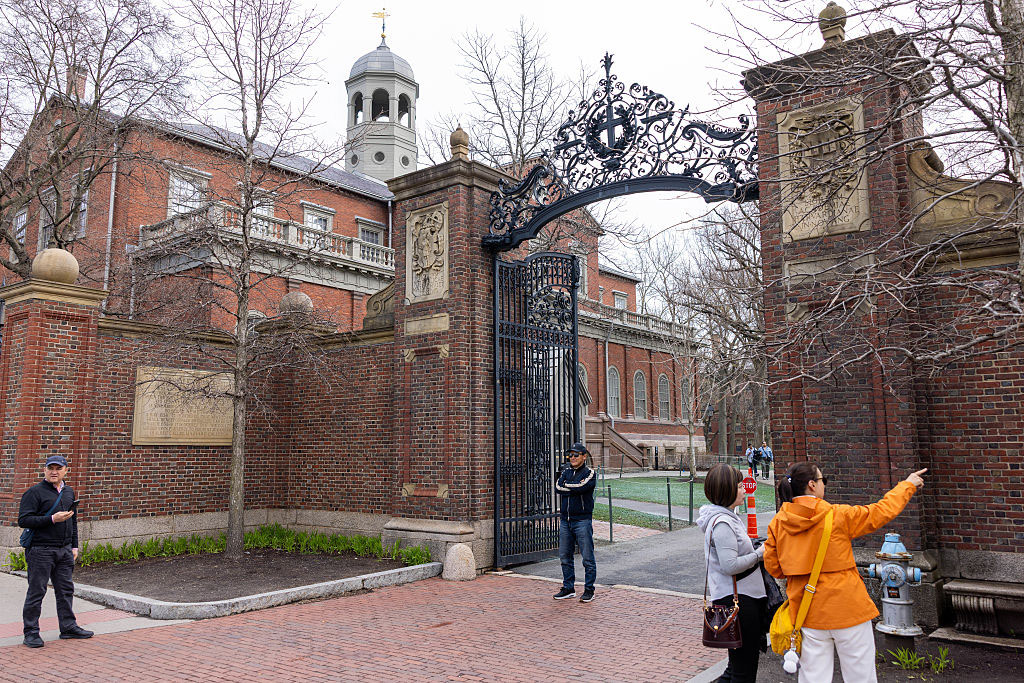
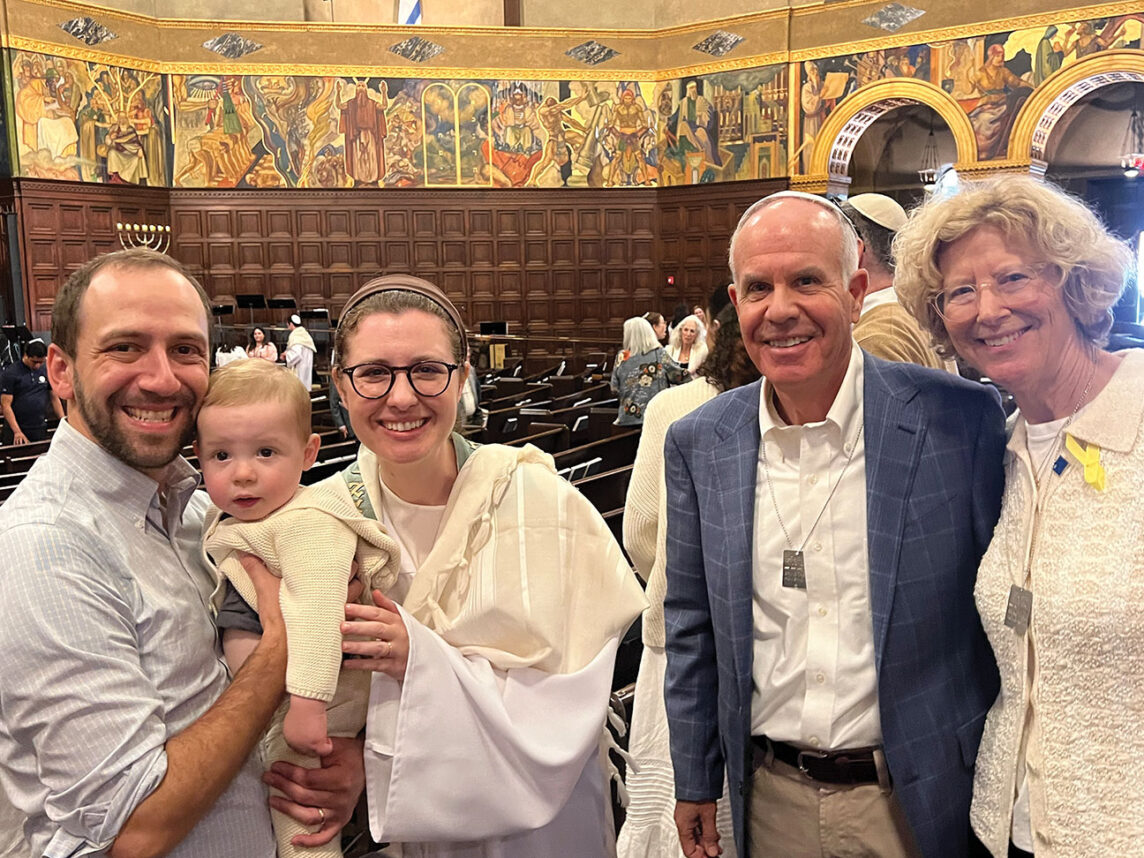
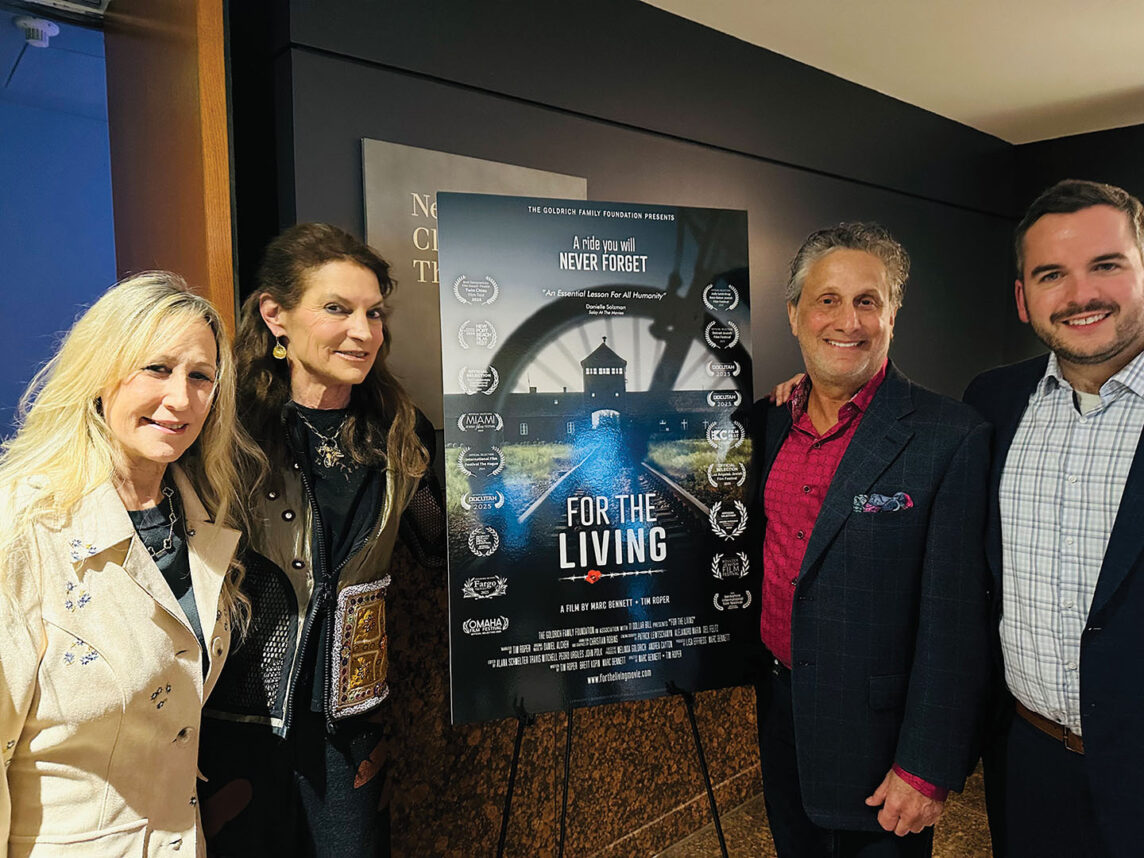









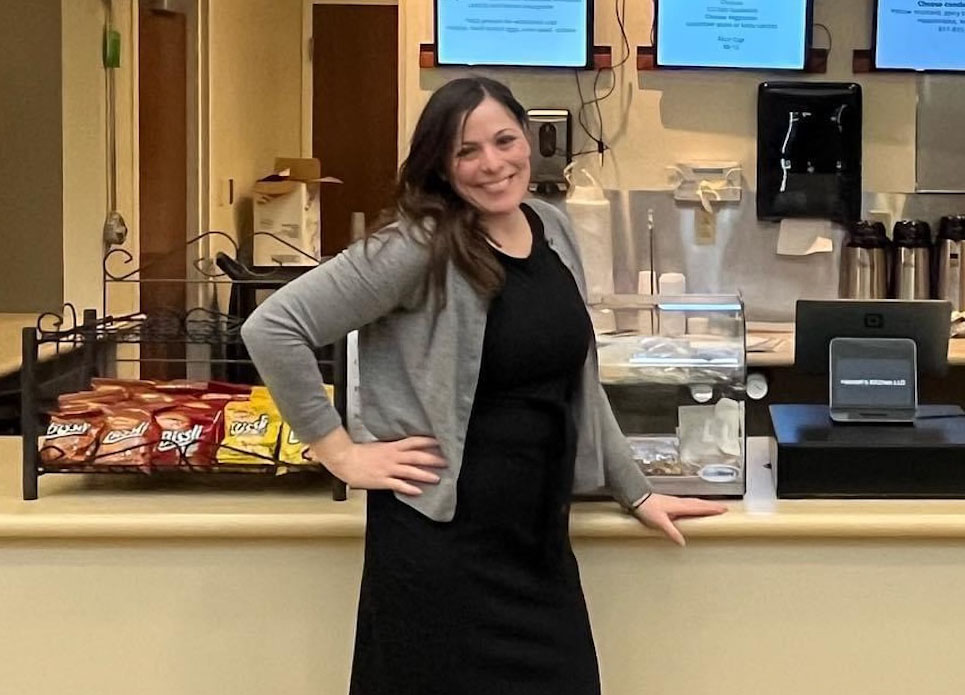


 More news and opinions than at a Shabbat dinner, right in your inbox.
More news and opinions than at a Shabbat dinner, right in your inbox.